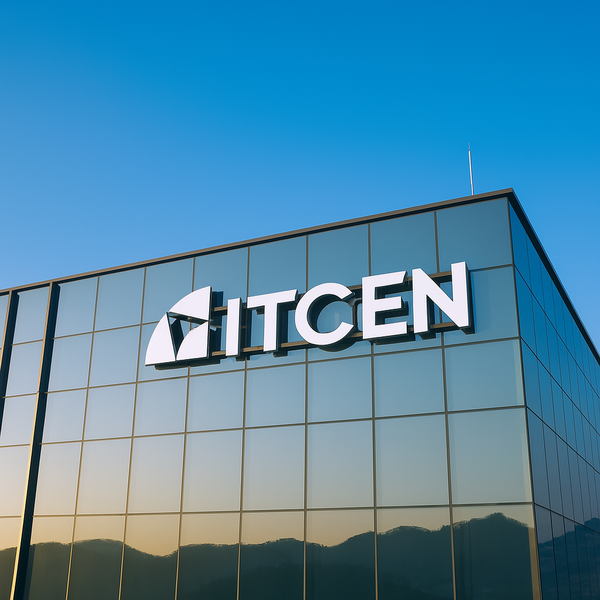
ITCEN Global has officially joined as the vice president of the Open Blockchain·DID Association (OBDIA), an authorized blockchain consortium by the Ministry of Science and ICT. Behind this lies a strategic background of securing the leadership of the global stablecoin ecosystem.
The decisive reason for ITCEN Global to become a vice president is its cooperative relationship with JPYC, a Japanese yen stablecoin issuer, the blockchain financial platform 'Progmat' led by Japan's top 3 megabanks, and the digital asset custody company Ginko.
Currently, 8 major domestic banks (KB Kookmin, Shinhan, Woori, NH Nonghyup, IBK Industrial Bank, Suhyup Bank, iM, and K Bank) are preparing to jointly issue a won stablecoin through OBDIA. They are conducting a won-yen stablecoin exchange test under the name 'Project PAX' with Japan.
Once PAX is commercialized, won and yen stablecoins can be directly exchanged without going through dollars. This is considered a key alternative to lowering the financial sector's dollar dependence.
■ BDAN, JPYC, Progmat... Multi-layered Cooperation Structure
ITCEN Global's Japanese cooperation network is particularly noteworthy. Busan Digital Asset Exchange (BDAN), which acquired Sengold, is building a cross-border transaction platform for won, gold, and yen stablecoins.
ITCEN Global has already signed an MOU with JPYC for joint stablecoin research and is participating in the Japanese yen stablecoin ecosystem. JPYC is a yen stablecoin issuer closely connected to the Progmat platform led by Japanese megabanks.
Progmat is the core infrastructure for token securities (ST) and stablecoin trading in Japan, serving as the technical backbone enabling cross-border digital asset movement between Korea and Japan. ITCEN Global is directly participating in the stablecoin policy design process of OBDIA based on the ecosystem experience of Progmat and JPYC.
■ Gold Stablecoin, Ginko... Expanding 'Real Economy-Based Stablecoin'
ITCEN Global is also promoting the development and verification of a 'gold-linked stablecoin'. This serves as a foundation for building an ecosystem where cross-trading is possible between won, yen, and gold stablecoins at BDAN.
Particularly, it is expanding its cooperative relationship with the Japanese digital asset custody company Ginko and accelerating the establishment of a custody infrastructure to secure stablecoin storage and cross-border payment stability. Ginko is a specialized institution capable of responding to Japanese financial authorities' digital asset custody regulations and will serve as a safety device for asset movement between BDAN-Progmat-JPYC.
There are concerns that if domestic banks issue stablecoins individually, they would have limitations in securing global compatibility with Japanese megabanks, JPYC, and Progmat. In this context, the selection of ITCEN Global as an OBDIA vice president, with its multi-layered cooperation experience with JPYC, Progmat, and Ginko, is gaining persuasiveness as an inevitable choice from both technical and policy perspectives.
■ ITCEN's Policy Presence in OBDIA's 'Stablecoin Division'
The recently established 'Stablecoin Division' of OBDIA serves as a policy consultation channel with domestic financial authorities and is the key table for discussing the roadmap for won stablecoin legislation.
Among private IT companies, ITCEN Global is drawing attention as the only one with practical experience with Japan, RWA·STO verification history, and BDAN exchange operation capabilities.
This move is particularly significant as ITCEN Global is a rare domestic IT company that has brought cross-border stablecoin projects with Japan to the verification stage. With its appointment as an OBDIA vice president, it is clearly demonstrating its will to play a leading role in domestic digital asset policy establishment and global expansion strategies.




